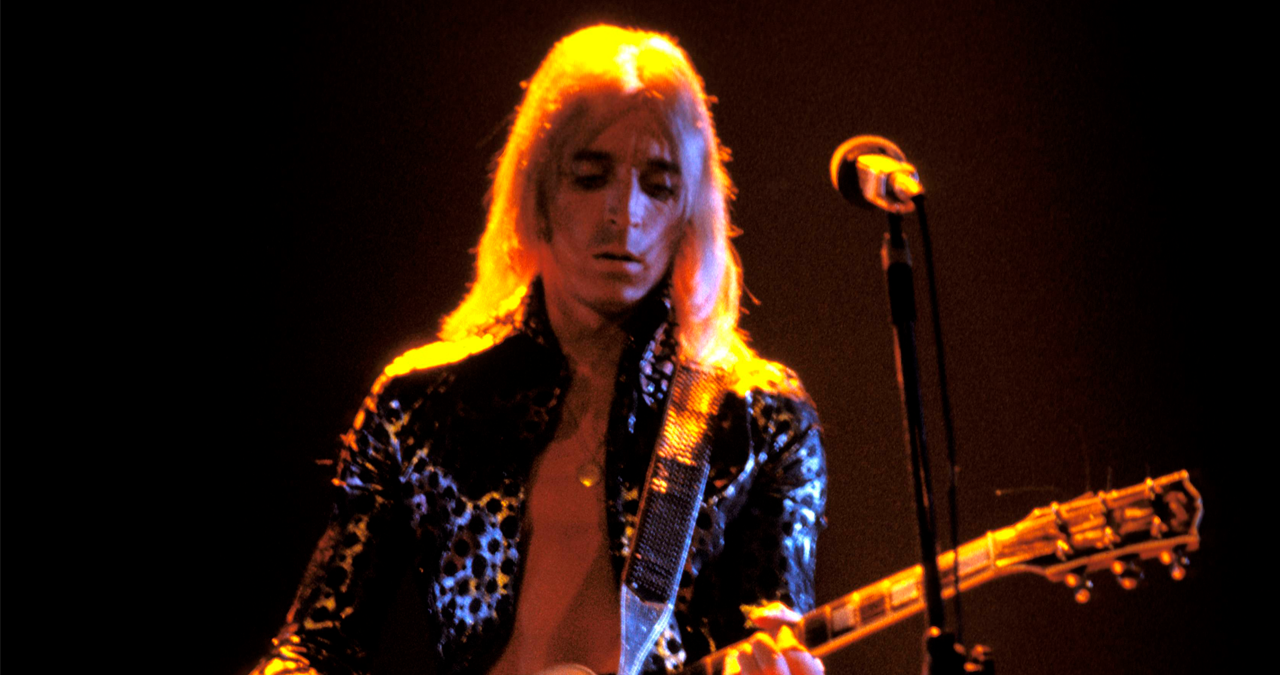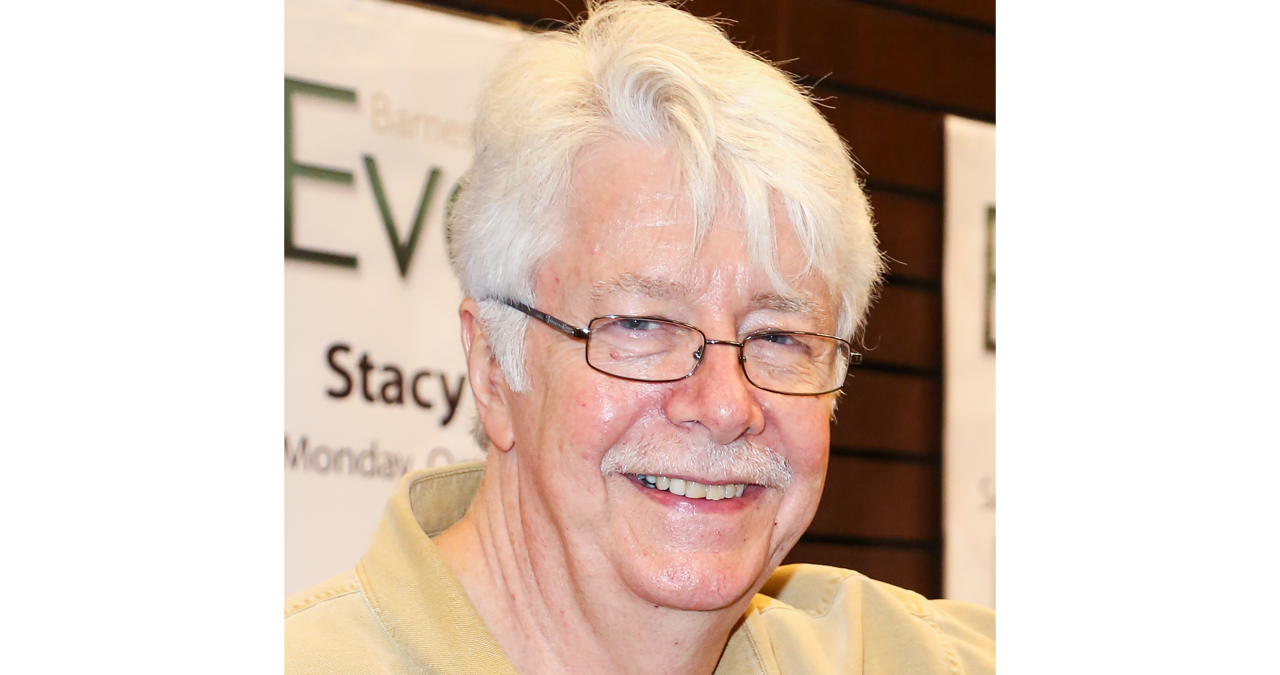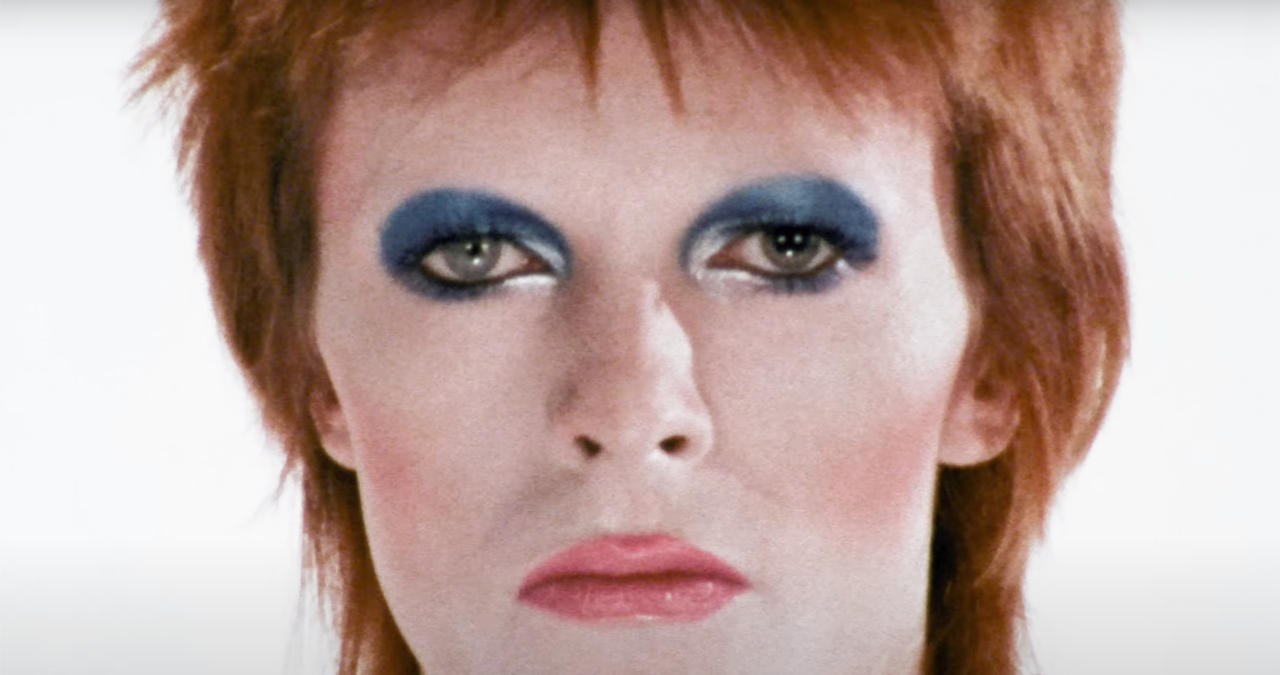Amid the brimming number of David Bowie’s best-ever songs, there’s one incredibly well known masterwork that even the most ardent of Bowie-nerds would happily grant a top-slot position. That song of course, is 1971’s cinematic Life on Mars?
Recorded by Bowie and his soon-to-be Spiders from Mars with producer Ken Scott at the legendary Trident Studios in Soho, Life on Mars? marked a major leap forwards in terms of songwriting prowess for Bowie – then grappling for success a couple of years on from his towering 1969 hit Space Oddity.
Bowie had fell in with the Hull-originating Spiders when recording his previous album, 1970’s The Man Who Sold The World, via producer Tony Visconti. It proved to be a fruitful partnership.
The band was made up of Woody Woodmansy on drums, Trevor Bolder on bass and the multi-talented Mick Ronson on guitar as well as – for the first time on 1971’s Hunky Dory – helming string arrangement duties.
This was the solid musical unit which Bowie needed to build out his new tranche of material – and who themselves would be thrust into the limelight when re-christened the Spiders from Mars a year later.
But back in 1971, the My Way-aping monolith Life on Mars? marked not only a huge jump for Bowie as a songwriter, but also spotlighted Mick Ronson’s latent talents for string arranging.
Having never tried his hand at this before, the guitarist found himself to be more than a dab hand…
The sweeping, epic twists and turns of the song were audacious, and Rick Wakeman’s immaculate piano married perfectly with Bowie’s soaring vocals, vivid lyrics and Ronson’s stately guitar.
Ken Scott and David knew this was going to be something special. In the studio, they dubbed it ‘The Big One’. And the recording of it was saved until the last day of the Hunky Dory recording sessions, on August 6th 1971.
Many listeners (including this writer) first assumed that the distant sound of a ringing phone, barely perceptible at the fringes of the mix as the song fades out was a creative choice – an addition to the mix that brings it back down to earth following the towering, interplanetary heights the song had just reached.
But mysteriously, the ringing phone’s appearance was a complete accident.
And who was calling that day has remained a mystery since 1971.

Producer Ken Scott has subsequently spoken of what happened that day.
“There was a bathroom attached to the studio that had a public phone in it. Its sole purpose was to allow session musicians to call out during breaks or after the session was finished and so wasn’t meant for anyone to call in on. In fact, no one ever knew the number, so it never rang,” Scott recalled in his book Abbey Road to Ziggy Stardust.
“So we were coming to the end of this great take and the bathroom phone that never rang suddenly let out an annoyingly loud jingle that was, of course, picked up by the piano mics and made the take unusable, much to everyone’s intense dismay. We all thought that we could get another take just as good, so the decision was made to tape over the one with the maddening ring on the end.”
As Ken states, the phone was hanging in a toilet – the door of which was right next to the piano.
As the ringing phone wasn’t answered – nobody knows who exactly was ringing, or indeed how.
Nobody who worked at Trident had that phone’s number, so Ken Scott assumed that it must have been a mis-dial.

Little did that person know, it was one of the worst-timed mis-dials in history.
Or perhaps it was serendipity, considering it was this next take that would be enshrined forever as the master take of Life on Mars?
“I then rolled back to the beginning of the tape and started to record again,” remembered Scott
For whatever reason, this second take – which probably wouldn’t have been needed if not for the interruption of the phone call – captured Bowie and the band either starting earlier or performing at a slightly faster pace than the first.
This meant that it finished earlier than the original take. Leaving that first ending, complete with the very audible phone ring they were trying to scrub, alarmingly present.
“It was some time later when we were doing the orchestra overdubs and they were holding their last note at the end of the song that the end part of the earlier take, that apparently hadn’t been erased, blasted out of the monitors.”
A head-in-hands moment. Or was it?

Over to Ken:
“Much to our surprise, it sounded great, so we decided that we had to use it,” said Scott.
Also captured, was the colourful response from Mick Ronson who, upon being alerted to the ringing phone coming out of the bathroom – erupted into a litany of expletives.
Though Ken trimmed out all but the very beginning of this interaction, Ronson’s response has been saved for the ages.
Ken Scott: “Stop”
Mick Ronson: “What?
Sound of phone ringing is heard as the piano stops playing
Mick Ronson: F*****g B*****d – Oh for F****’s sake!
So who was it that called the Trident toilet phone? The call that prompted Bowie and the band to re-record and get that final single master that we know and love.
Some have pointed to nearby pub, The Ship.
Allegedly, the landlord there did indeed have the number of the Trident toilet phone, as the pub was often frequented by session musicians and bands getting ready to record, awaiting their slot (or celebrating a good take well captured!).
According to a Reddit postera tour guide on a music tour of Soho stated that Bowie’s session had overran, and the band that were waiting their turn at The Ship had become a little worse for wear.
The call was – so the tour guide claimed – the landlord calling Trident to tell them that they wouldn’t be turning up for their session…
Whether this detail is legitimate remains unconfirmed, as seasoned Trident-man Ken Scott has been adamant that nobody knew the number of the pay phone. In all the many sessions he’d undertook there, it had never gone off.
That unanswered, ringing phone, then, remains an ever-intriguing mystery.
Someone dialled the number that day, on August 6th 1971, not realising that the sound of their call would be adding a sprinkle of spontaneous magic that peppers the conclusion of one of Bowie’s greatest moments.
A song we all know via the studio take which was only cut because of that phone call.
![David Bowie - Life On Mars? (Original Ending Version) [4K Upgrade] - YouTube](https://backingtracksfullcollection.com/wp-content/uploads/2025/06/No-one-ever-knew-the-number-so-it-never-rang-758x426.jpg)